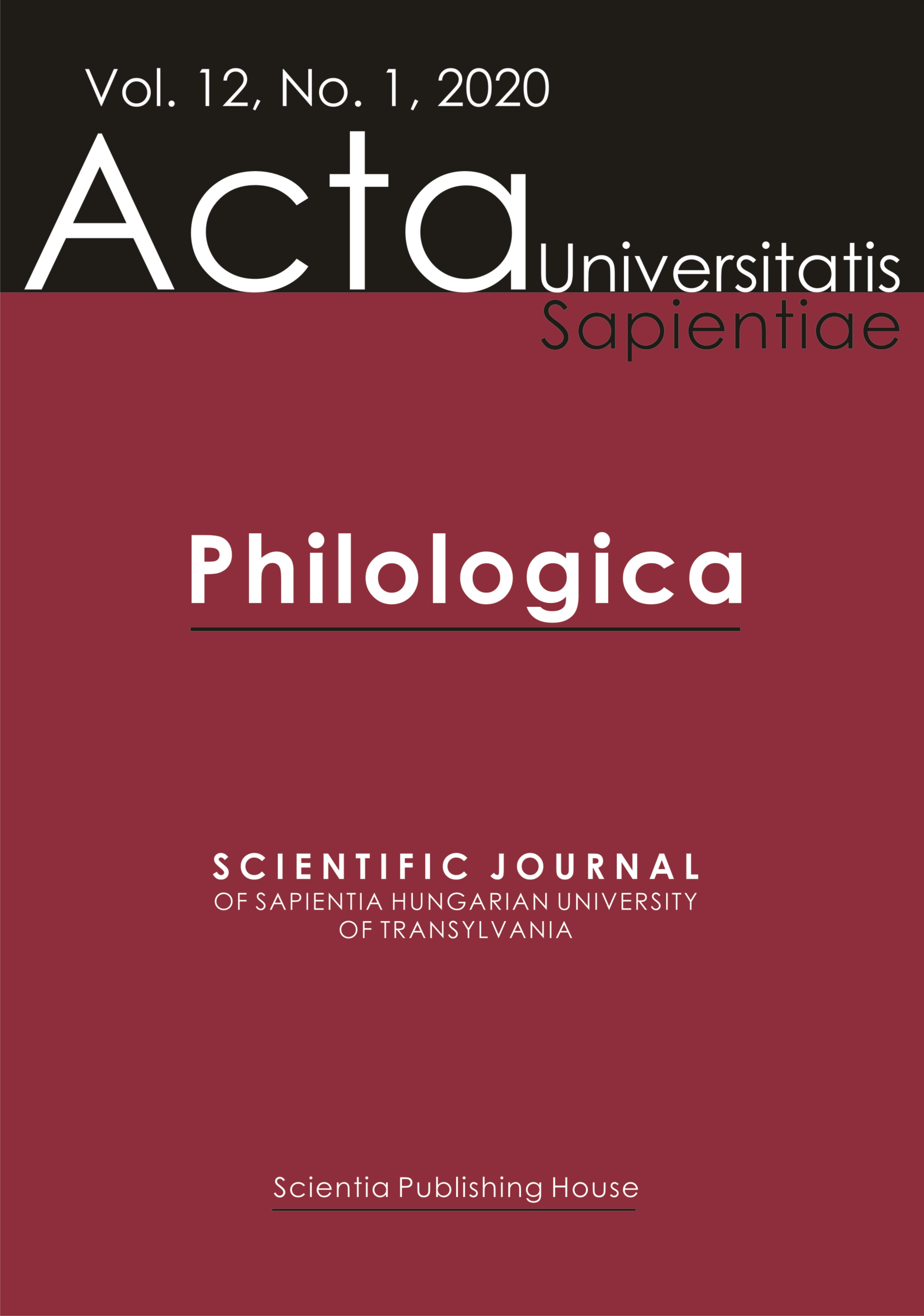“Uprooted:” Anton Chekhov’s Influence on Frank O’Connor
“Uprooted:” Anton Chekhov’s Influence on Frank O’Connor
Author(s): Márta PellérdiSubject(s): Other Language Literature
Published by: Scientia Kiadó
Keywords: O’Connor; Chekhov; modernism; realism; naturalism; Irish short story;
Summary/Abstract: Thus far perhaps the most acclaimed Irish practitioner of the short story, Frank O’Connor, attributes a lasting influence to Russian author Anton Chekhov when he considers the direction that the modern Irish short story was to take in the twentieth century. In The Lonely Voice: A Study of the Short Story (1963), O’Connor emphasized two particular themes in Chekhov’s short fiction that influenced his own stories: on the one hand, a preoccupation with loneliness; on the other, a belief that venial sin, or the adoption of a false personality, was “far more destructive” than mortal sin itself. In other writings, he expressed an interest in narrative technique and structure as he found them in Chekhov’s stories. The article explores O’Connor’s “Uprooted” from his collection Crab Apple Jelly (1944), a story about displaced intellectuals. My reading illustrates how the Irish writer was not only adopting Chekhov’s themes but was also experimenting with Chekhov’s character types and narrative techniques, particularly as found in the Russian author’s story “The Lady with the Dog.” At the same time, O’Connor developed a distinctly individual technique of his own within the Irish realist/naturalist short story tradition, making a lasting impact on the art of the modern Irish short story. Unlike his displaced Irish characters in “Uprooted,” he prefers to remain faithful to this tradition.
Journal: Acta Universitatis Sapientiae, Philologica
- Issue Year: 12/2020
- Issue No: 1
- Page Range: 98-109
- Page Count: 12
- Language: English

